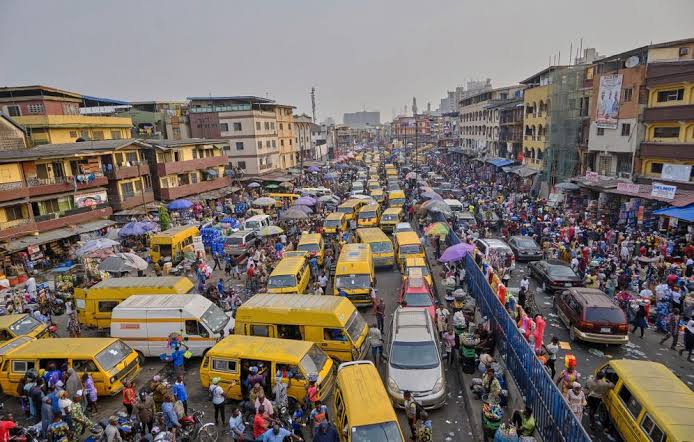Informal sector workers urge FG to revise social protection policy
The Federation of Informal Workers Organisation of Nigeria (FIWON) has called on the Federal Government to urgently revise the National Social Protection Policy (NSPP) to address the exclusion of informal workers from the old age support system, maternity care, support system and accident insurance.
The body, which said the informal economy accounts for about 90 per cent of the working people, should not continue to be excluded from social protection mechanisms, while the nation pretends to be fighting poverty.
FIWON General Secretary, Gbenga Komolafe, lamented that the existing structures created to address the issues such as the National Health Insurance Scheme (NHIS) and Micro Pension Plan (MPP) hardly scratch the surface of the coverage challenge.
To achieve accelerated coverage, Komolafe urged the government to be ready to part-fund informal workers’ contribution to the health and pension funds just as employers’ part fund workers in the organised sectors.
He said massive macroeconomic leakages through which the country is ripped off of billions of dollars yearly must be plugged to save funds critically needed for social and physical infrastructural provision.
The FIWON scribe said the funds could be sourced through savings from crude oil thefts, high remuneration packages of political office holders, bloated government appointments, unnecessary import waivers and toxic loans would easily fund development projects to help overcome the scourge of poverty and misery in the country.
He urged President Bola Tinubu to display the same zest and zeal to deal with the challenges, the same way he addressed the issue of petroleum subsidy. He said the recently announced palliative measure by Tinubu, ostensibly to cushion the effect of petroleum subsidy removal was pathetically too little to make any difference in reliving the overwhelming helplessness that has enveloped Nigeria as poverty holds an increasing number of poor working Nigerians in a vicious grip.
He said while the nation was still reeling under the effect of the ill-fated currency redesign policy implemented in the first few months of the year, a policy that inflicted unimaginable suffering on most Nigerians, especially those working in the informal economy, destroyed millions of micro and small businesses.
He lamented that the combined effect of the subsequent removal of subsidies on Premium Motor Spirit (PMS), which spiked the pump price per litre by as much as 300 per cent in some parts of the country, as well as the devaluation of the naira, was already being felt as the costs of food and transportation have soared.
He said the grant to enable the transfer of N8,000 monthly to 12 million poor and low-income households for six months with a multiplier effect on about 60 million individuals, through Conditional Cash Transfer (CCT), was so paltry.
“N8000 or about $10 per month in today’s exchange rate really cannot feed a child of five years in 30 days, talk less of supporting all vulnerable Nigerians to meet the cost of basic needs as announced under the programme. We would also question how they arrived at the figure of 12 million poor and low-income households in a country with over 130 million people suffering from multi-dimensional poverty, as revealed by official statistics.
“Who are these 12 million Nigerians and how were they identified? It is critical to raise this because similar programmes in the past suffered so much from poor targeting that relatively privileged Nigerians had their accounts credited with N10,000 ‘MarketMoni’, while most market women only heard about the programme on the radio.
“Under the Federal Government National Social Investment Programme (NSIP), easily the most ambitious financial intermediation programme in recent decades, similar programmes to this newly announced programme were implemented, especially between 2017 and 2019 with billions of dollars invested in them.
“The programmes were bedevilled with so much politicization, ethnicity, favouritism and nepotism brought to bear on the generation of data and other vital indicators,” he said.
Read more @guardian











